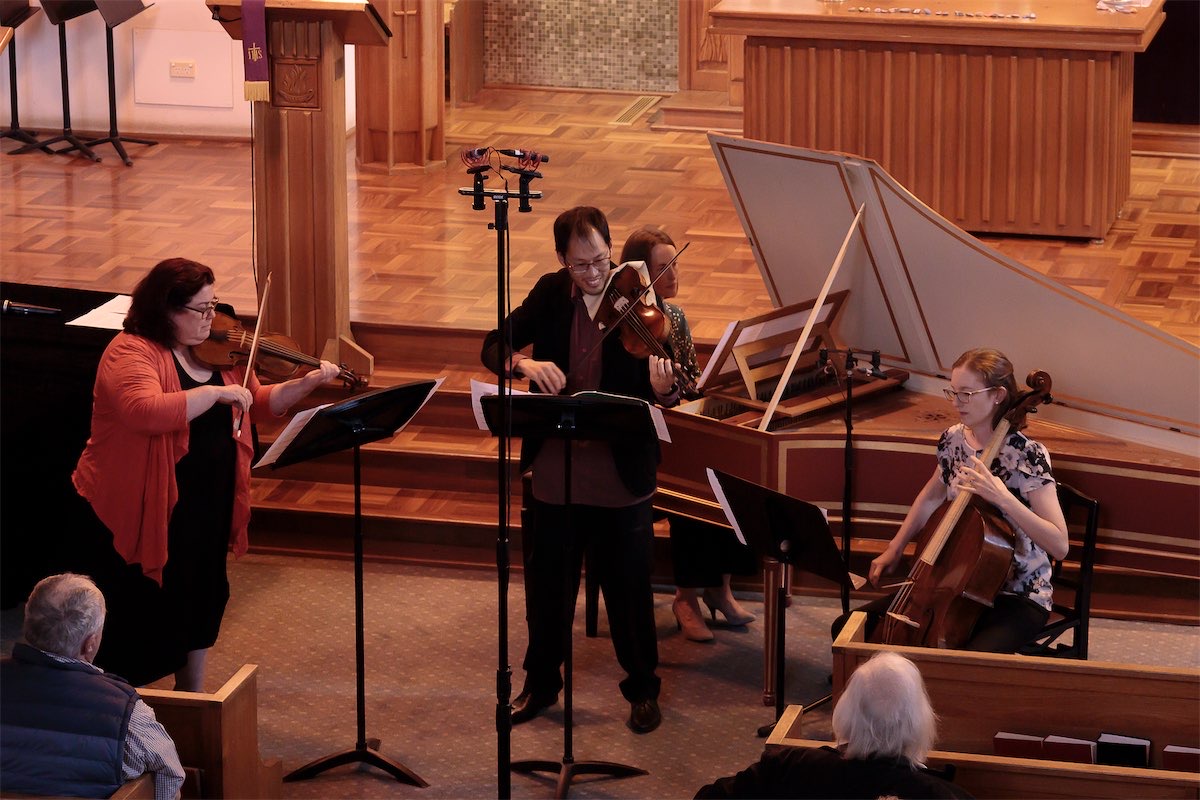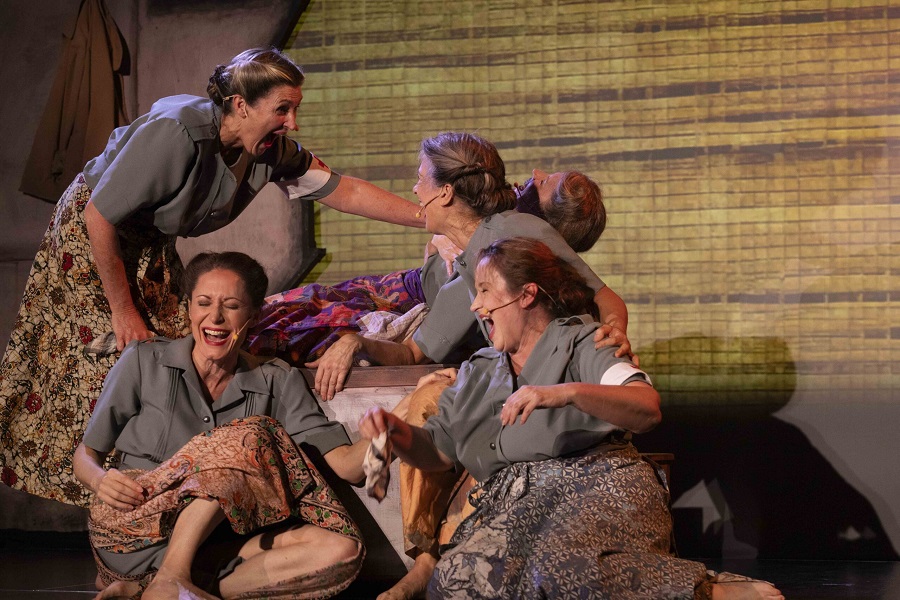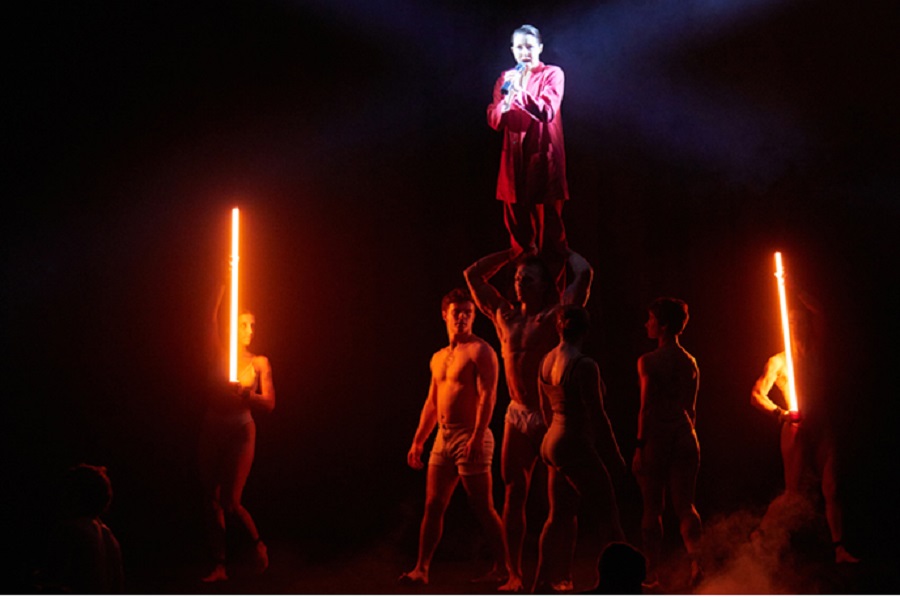
Music / “Trios For Four”, Apeiron Baroque. At Wesley Uniting Church, March 25. Reviewed by LEN POWER.
NEWLY formed Canberran Early Music ensemble, Apeiron Baroque, performed “Trios For Four”, the first of four concerts for 2023.
Apeiron Baroque, named after a Greek word normally meaning “infinite”, is also equated with evenness, plurality, motion and even their apparent opposite, badness.
John Ma, (violin/viola/d’amore) and Marie Searles, (fortepiano/harpsichord) were joined for this concert by two Canberran specialists, Lauren Davis (violin) and Clara Teniswood (cello).
Their concert of nine works spanned the entire breadth of the Baroque era. Amongst the composers represented, there were works by the lesser known composers, Marco Uccellini, Andrea Falconeri, Isabella Leonarda and works by the well-known Georg Philipp Telemann, Johan Sebastian Bach and Georg Frideric Handel.
John Ma gave entertaining introductions to the works throughout the concert, presenting facts of interest about their lives and works, often with humorous anecdotes in a friendly, relaxed style.
The concert began with Aria Sopra “La Bergamasca” by Marco Uccellini. It was the perfect opening, being bright and colourful. Ma described it as a “lusty courtship dance”. Maria Searles then played the first movement from “Harpsichord Partita #1”. It was a haunting, melodic work and Searles played it beautifully.
Handel’s “Trio Sonata in B Flat” with its nicely reflective second movement was sensitively played and Falconeri’s “La Suave Melodia” was a melodic highlight, played by John Ma on violin and Clara Teniswood on cello.
Isabella Leonarda’s Trio Sonata Prima was another melodic work, beautifully played.
John Ma explained that Leonarda, who spent most of her life in a convent, was one of the most prolific composers of the baroque era and a rare female composer from that time.
Ma then played Telemann’s “First Fantasia in B Flat for Solo Violin”, a highly appealing work, which he performed very well. “Sonata Representativa” by Heinrich Biber was nicely lyrical and punctuated, surprisingly, with imitations of various birds and animals such as the nightingale, frog, cuckoo, cat and rooster, amongst others.
A bright and busy work by Nicola Matteis, “Ground After the Scotch Humour”, was then energetically and finely played, bringing this very interesting and enjoyable concert to a close.
Who can be trusted?
In a world of spin and confusion, there’s never been a more important time to support independent journalism in Canberra.
If you trust our work online and want to enforce the power of independent voices, I invite you to make a small contribution.
Every dollar of support is invested back into our journalism to help keep citynews.com.au strong and free.
Thank you,
Ian Meikle, editor








Leave a Reply